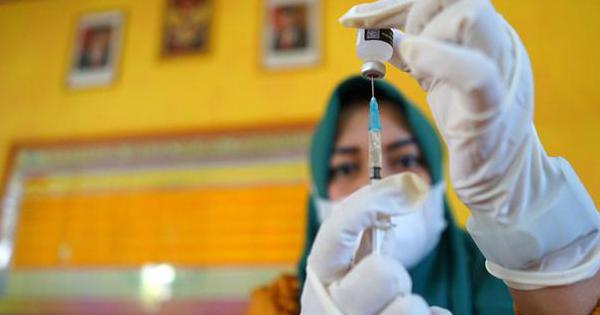Covid-19 Vaccine Sinopharm and Sinovac widely used in China and Indonesia. An official at the World Health Organization (WHO) said the two vaccines could protect a person from serious illness, hospitalization, and death from contracting the variant Omicron.
WHO Incident Manager Abdi Mahamud assessed this a few days after initial laboratory studies showed three doses of Sinovac did not produce sufficient antibodies to prevent infection with the new variant. However, vaccines have different levels of infection prevention.
“But so far everything has prevented deaths. We predict the vaccine’s ability to prevent severe (disease), hospitalizations and deaths will be maintained,” Mahamud said as quoted from The South China Morning Post, Thursday (6/1).
Although Omicron can evade antibodies and cause infection, evidence is emerging that the Covid-19 vaccine can protect against severe illness, hospitalization, and death. This protection is a response from T cells.
The human body has different layers of immunity. When antibodies fail to prevent infection, T cells, a type of white blood cell that attacks infected cells, can form another layer of defense.
“T cells retain the ability to recognize (variants) and protect against severe disease,” he said.
Separate studies from South Africa and the Netherlands found that T-cells still defended against Omicron in people who had the mRNA or vector vaccine.
Researchers from the Hong Kong University of Science and Technology and the University of Melbourne also found that T-cells in recovered patients or vaccinated people were able to recognize various coronavirus protein fragments, namely epitopes. Meanwhile, a strong cell response could increase the immune response against Omicron or other variants.
Mahamud said many studies have shown that Omicron infects the upper respiratory tract, unlike other variants that can cause severe pneumonia. However, more research is needed to confirm the results.
Meanwhile, Covid-19 cases have surged worldwide since Omicron was detected in November. Even so, hospitalization and death rates were lower than in the previous wave.
Meanwhile, Mahamud said it was too early to decide whether a special Omicron vaccine would be needed. Such decisions require global coordination and should not be left to vaccine manufacturers.
According to him, the best approach to reduce the impact of the variant is to meet the WHO target of vaccinating 70 percent of the population in each country rather than offering a third or fourth dose (booster) vaccine in some countries.
Meanwhile, the Covid-19 vaccination in Indonesia as of Wednesday (5/1) has reached 285.14 million doses. In detail, 167.53 million doses of dose 1 have been given, 115.08 million for dose 2 and 2.53 million other doses for mutual cooperation vaccinations.
– .


